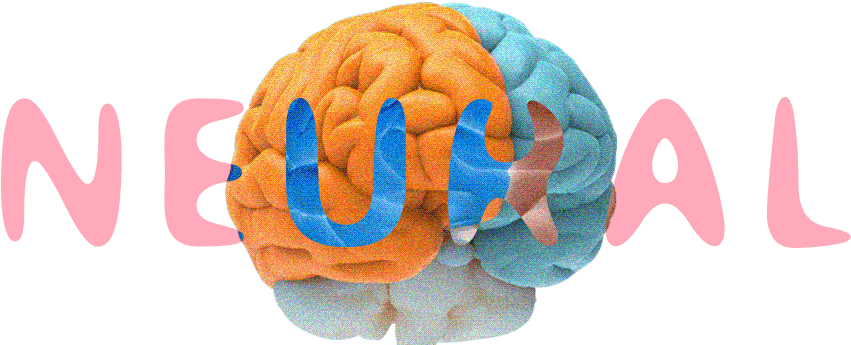The bartender says “Welcome to Joe's Place, we have a nightly special where whoever has the toughest job gets to drink for free.”
Before anyone can say a word, the brain surgeon bellies up to the bar and proclaims themselves the victor. “I've got the toughest job, that's for sure. I cut open people's brains in hopes that I can save them from maladies such as catastrophic injury and cancer. If I mess up even a tiny bit, someone could die.”
The bartender nods and gets ready to pour the surgeon a shot when the astrophysicist clears their throat and interrupts. “Actually, I have the toughest job. I have to solve problems that are literally astronomically difficult. If the surgeon messes up, one person dies. If I get the math wrong, our whole planet could be in danger.”
The bartender nods and gets ready to pour the astrophysicist a shot when the content moderator clears their throat and interrupts. “Ha! You call those jobs tough? I'm building the artificial intelligence that Elon Musk's going to use to moderate Twitter.”
The entire bar went silent. Nobody moved for long moments until, finally, the bartender, the brain surgeon, and astrophysicist each walked over to the content moderator, poured them a shot, and offered their heartfelt condolences.
I can think of no tougher task than moderating social media content. And the only way to make it even harder is to use AI. The reason is simple: AI doesn't think. And moderating content isn't a challenge that can be broken down into simple tasks that can be completed by running algorithms.
It's a mess of humanity that's constantly evolving. It's a moving target.
If you moderate content based on banning certain keywords (racial slurs, swear words, etc), then the people you're allegedly trying to protect from hate speech are disproportionately punished for hate speech. Keyword bans are silly and ineffective at best: @$$, a$$, @ss, etc.
If you moderate content based on intent, you're alleging that you've built an AI that can see into a human's heart and know their truth. Lol. Somebody call Blake Lemoine.
If you moderate content based on sentiment (which is the current trend), then you're practicing a form of social terraforming wherein the bias and views of the person(s) creating the system is codified as the only morally sound point of view.
If you only moderate content that's illegal, then you tacitly endorse content that's explicitly harmful but not criminal. Good luck getting advertisers or keeping users who aren't specifically looking for a “gray web” experience bordering on unsafe at all times.
The simple fact of the matter is that content moderation is hard. No human or group of humans are capable of moderating social media content and getting it right all the time. And AI is only capable of getting it wrong at much greater scale.
It might seem like adding AI to the mix would make things easier by lifting some of the cognitive burden from humans. But using AI to moderate content is like trying to put out a grease fire with water.
A more complicated way of looking at that is: applying an exponentially incorrect amplifier to an exact problem with constantly shifting parameters always makes it worse.
Barring the inception of an artificial general intelligence (a machine with human-level cognition), I'd say the right solution is to invest in human moderation teams armed with AI-powered flagging tools. Ultimate moderation should be left up to the humans, but AI could help them be more productive.
That way, there'd always be a human responsible for banning speech, blocking content, and punishing users.
![]()




